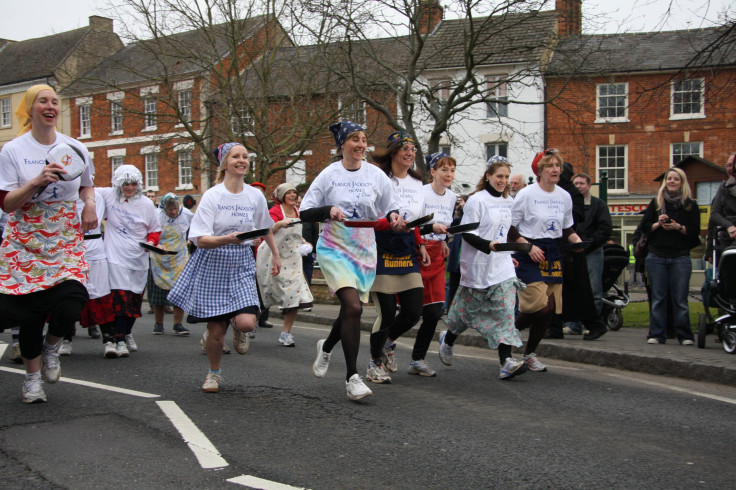More than just Easter egg hunts: How 9 countries celebrated Easter this week
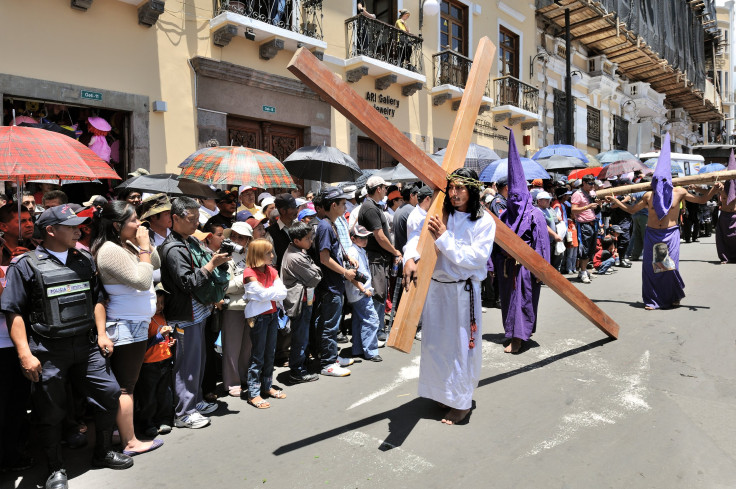
With the Easter long weekend just passed, it's easy to forget that many people around the world place more meaning to Easter than egg hunts, chocolate and Australia’s largest event - The Royal Easter Show.
We take a look at how the religious holiday was celebrated by Christians around the globe who believe in the death and resurrection of Jesus.
1 | Italy
Like every other year, Pope Francis presided over a mass service on Easter Day in St Peter’s Square in Vatican City, Italy, which is broadcast on television and radio for the world.
During the religious holiday, ‘Columba Di Pasque’, which is a sweetened-peel stuffed cake shaped like a dove, is a very common treat eaten by many Italians.
During Good Friday, the country has many performances of the New Testament. Instead of Palm leaves, Olive Branches are used during Sunday church services.
There is also a huge Mardi Gras festival at the start of Lent in Venice.
2 | Germany
The Priest rides to the Palm Sunday service on a donkey in Germany every year, with this Easter celebrations seeing the annual displays of spring flowers and ‘Easter egg trees’ out in full force. It is also a custom to boil and paint eggs in bright colours to symbolise new life and growth.
Every ten years, a prominent Easter play – the Passion Play - is held in Oberammergau. The event is booked by spectators from around the globe, many years in advance. The Germans who live in this village perform this play every ten years to thank God for saving the village in 1633, which was nearly destroyed by the plague or Black Death.
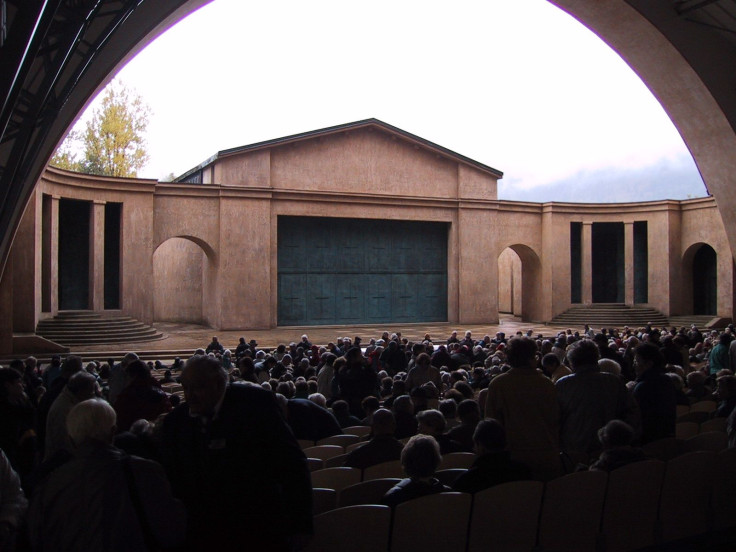
3 | Philippines
The Philippines is known for its controversial re-enactment of Jesus Christ’s suffering and crucifixion, self-flagellation and religious penance, which attracts many spectators. In extreme cases, some Catholic devotees will choose to be nailed to a cross and get their backs whipped.
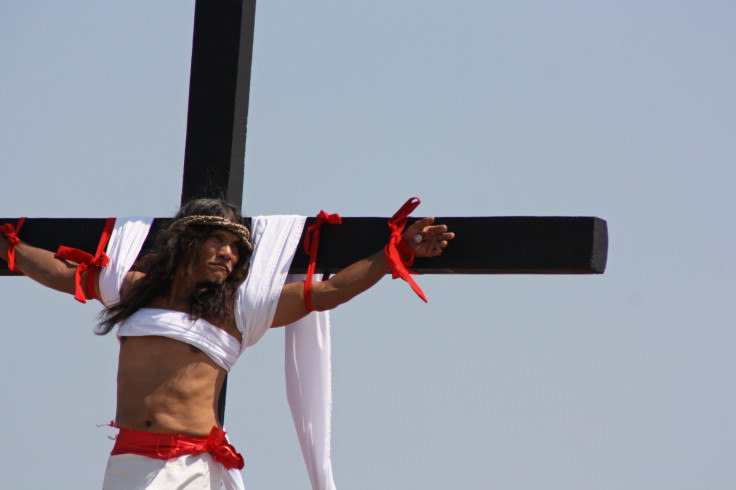
4 | Ethiopia
Easter Saturday night at 8pm to Easter Sunday morning 3am marked Ethiopia’s first 2016 Easter Day church service, where many Christians wear white clothing called ‘Yabesha Libs’. The event consists of a lot of music and dancing, and drums are played at 10pm. A prayer called the ‘Geez’ is also held.
Many Christian devotees do not consume any animal products during Lent. A priest will also cut some sour dough bread for families to eat at home.
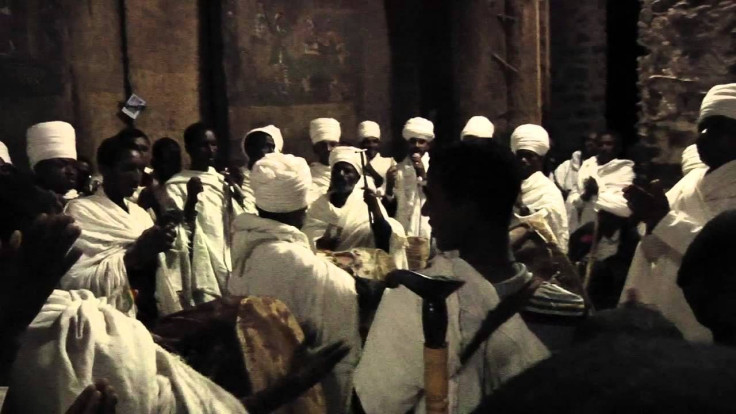
5 | Mexico
During the celebration in Mexico, many eat ‘Capirotada’, which is a bread-based dish with fruits, nuts and cinnamon sprinkled with cheese. This dish aims to symbolise the suffering of Christ – the body of Christ represented by the bread, the cinnamon sticks symbolise the cross and the raisins symbolise the nails.
Two famous festivals were also held in Mexico, Semana Santa during Holy Week to Easter Saturday and Pascua from Easter Sunday. For the Semana Santa event, Mexicans hold woven palms and follow a priest to a church, and these palms are hung on Mexican houses to keep bad spirits away. For the Pascua event, fair rides and food stalls are held in towns after Easter Day Mass.
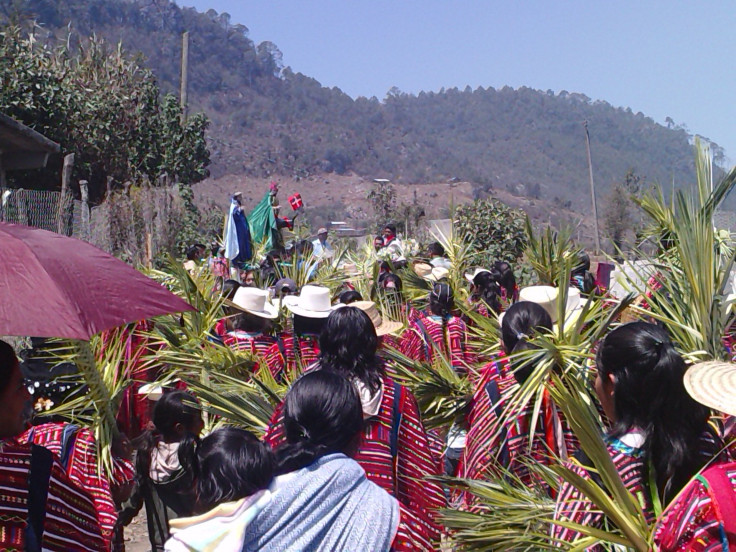
6 | France
Instead of palm leaves, Boxwood branches are used and placed over doors in family homes to bring good fortune to people in the home.
It is also a custom to roll down raw eggs in a contest. The egg that survives represents the stone being rolled away from Jesus Christ’s tomb.
Church bells also do not ring on Easter Saturday or Good Friday and French parents usually tell their children that the bells have gone to Italy to see the Pope.
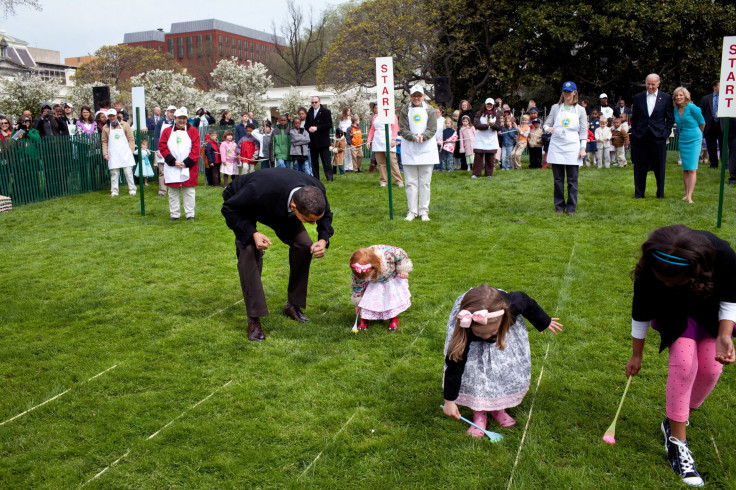
7 | Brazil
The largest Catholic population in the world is in Brazil and Rio de Janeiro is considered to have one of the largest carnivals at the Mardi Gras to celebrate Lent. Brazilians marched, danced and sang in a parade in bright colourful costumes, which represented birds or butterflies.
‘Pacoca De Amendoim’ is a common dessert entirely made from cassava flour, sugar and peanuts.
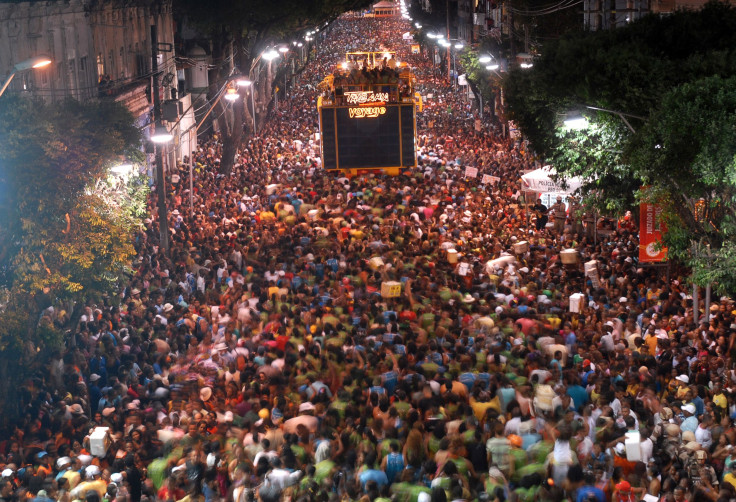
8 | Greece
During Good Friday Services, a tomb is usually placed in the centre of a Greek Orthodox Church. Priests also give candles at midnight after Easter Saturday.
In Greece, the common treat eaten in ‘Tsoureki’, which is a circular bread with red dyed eggs on top to symbolise the blood of Christ.
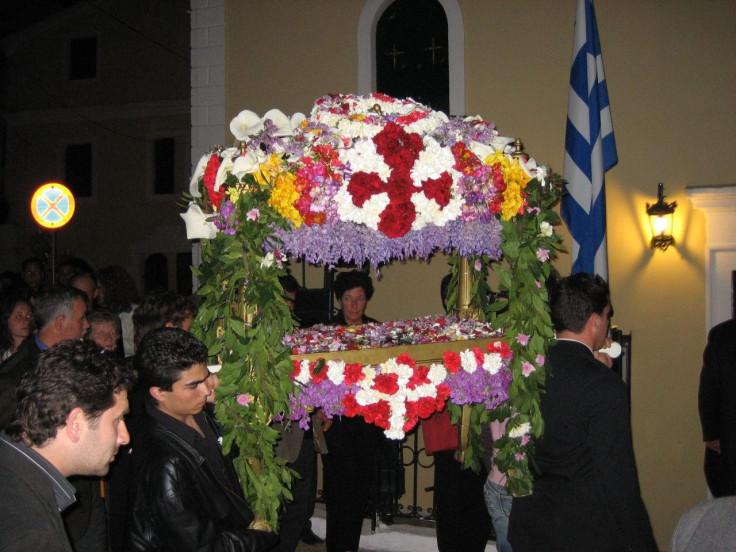
9 | United Kingdom
The UK used to hold pancake races to mark the start Lent, where participants run down a road while tossing a pancake on a pan and aiming not to drop it in the main street of Minehead. However, this famous event was stopped due to a history of injuries and costly insurance.
Passion Plays are also commonly performed in York for the public and just like Australia, the hot cross bun is a favourite.
